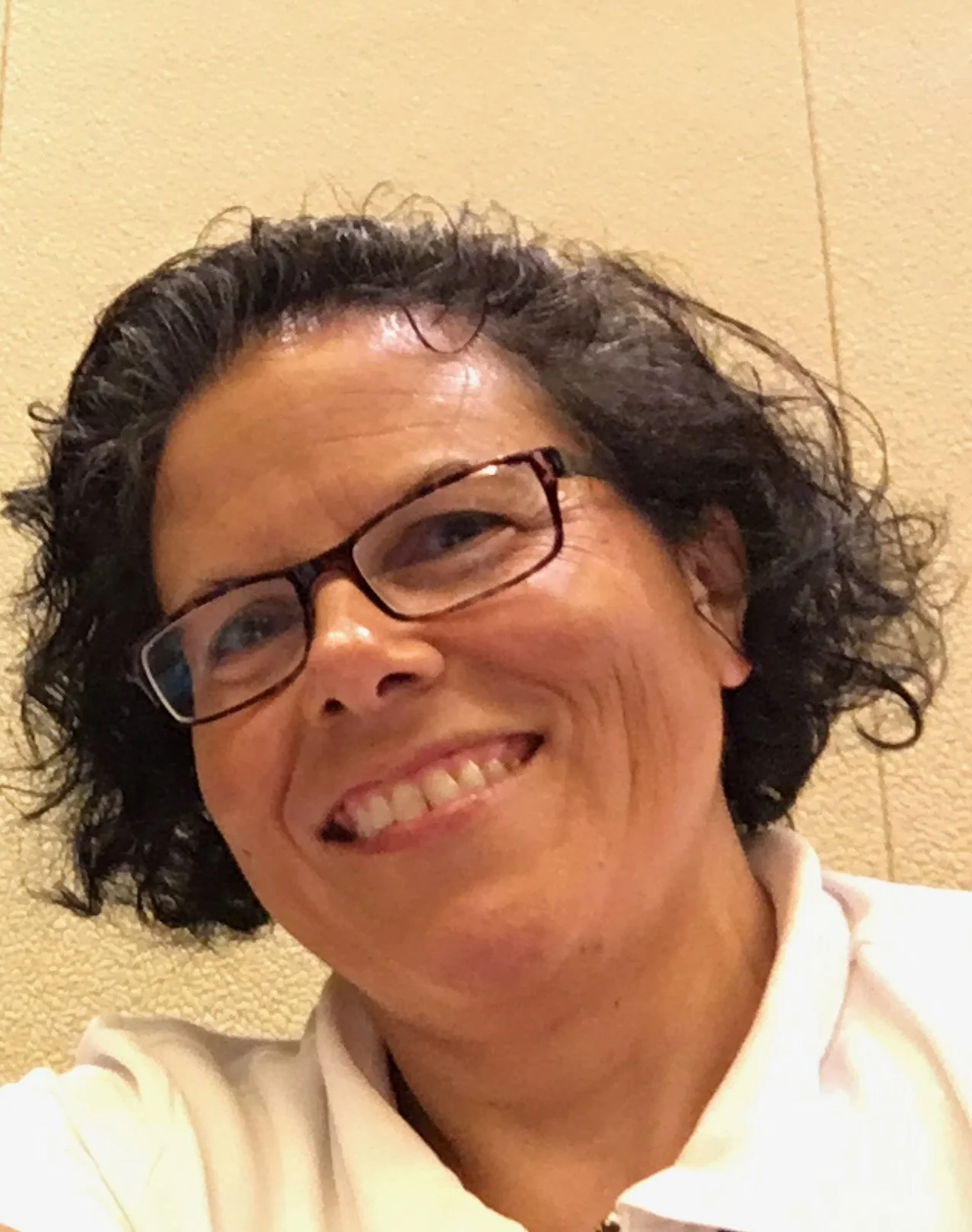Carrie E. Garrow (Mohawk), J.D., M.P.A., was raised in Akwesasne and has over twenty-five years of experience working with tribal governments and tribal courts. She has served as an appellate and trial court judge for various tribal courts for over ten years. She has worked as a consultant for Tribal Law and Policy Institute for 25 years and has had the opportunity to travel to numerous Indian nations to provide training to tribal courts. She also worked as a Visiting Assistant Professor and as the Executive Director of the Center for Indigenous Law, Governance & Citizenship at Syracuse University College of Law. She has drafted codes and policies, provided numerous onsite trainings, conferences, and webinars.
Carrie is an experienced tribal court trial, appellate, and Healing to Wellness Court judge. As a consultant with Tribal Law and Policy Institute, she has conducted numerous site visits and trainings with Indian nations across the country and wrote several publications for Healing to Wellness Courts. An experienced grant writer, she has written numerous successful federal grant applications. Carrie is also experienced with tribal court administration; developing and implementing restorative justice and trauma informed practices; working with numerous tribal departments, state agencies, tribal and state court forums; and providing trainings for state court judges.
Carrie co-authored Tribal Criminal Law and Procedure (2nd edition) with Sarah Deer, in addition to writing several articles on tribal law and governance. Some of these articles include: Tribal Judicial Leadership in Healing to Wellness Courts, Tribal Law and Policy Institute (May 2024);
Hon. Carrie Garrow and A. Nikki Borchardt Campbell, Creating Pathways to the Judiciary for Native Americans and Alaska Natives through Tribal Courts, Human Rights Magazine (Jan 2024); Danielle J. Mayberry and Carrie E. Garrow, A Portrait of Tribal Courts: Tribal Court Tools and Levers to Ensure Procedural Fairness for Self-Represented Litigants, 23 The Journal of Appellate Practice and Process 221(2023); Changing Family Courts to Help Heal and Build Resilient Families, 2018 BYU L. Rev. 1277 (2019); Joseph Thomas Flies-Away & Carrie E. Garrow, Healing to Wellness Courts: Therapeutic Jurisprudence +, 403 Michigan State Law Review 403 (2013); The freedom to pass and repass: can the U.N. Declaration on the Rights of Indigenous Peoples keep the border ten feet above our heads? Indigenous Rights in the Age of the UN Declaration (Elvira Pulitano, ed 2012); Treaties, Tribal Courts, and Jurisdiction: The Treaty of Canandaigua and the Six Nations’ Sovereign Right to Exercise Criminal Jurisdiction, 2 Journal of Court Innovation 249 (2009); Following Deskaheh’s Legacy: Reclaiming the Cayuga Indian Nation’s Land Rights in the Inter-American Commission on Human Rights, 35 Syracuse J. Int’l L. & Com. 341 (2008); Joseph Thomas Flies-Away, Carrie Garrow & Miriam Jorgensen, Native Nation Courts: Key Players in Nation Rebuilding, in Rebuilding Native Nations, Strategies for Governance and Development 115 (Miriam Jorgensen ed., 2007). She has been invited to speak at numerous national and state conferences/trainings and universities.
She received her undergraduate degree from Dartmouth College, her law degree from Stanford Law School, and a master’s in public policy from the Harvard Kennedy School. Carrie is the proud aunt of six nieces and nephews, three grandnieces, and one grandnephew. She is a mom to five cats. She serves on various boards, including the National American Indian Court Judges Association, Seven Dancers Coalition, and Native American Humane Society. In her spare time, she loves to do beadwork, visit with her family, research and document her family history, attend concerts and Comi-cons, and watch movies and build her Lego collection.

